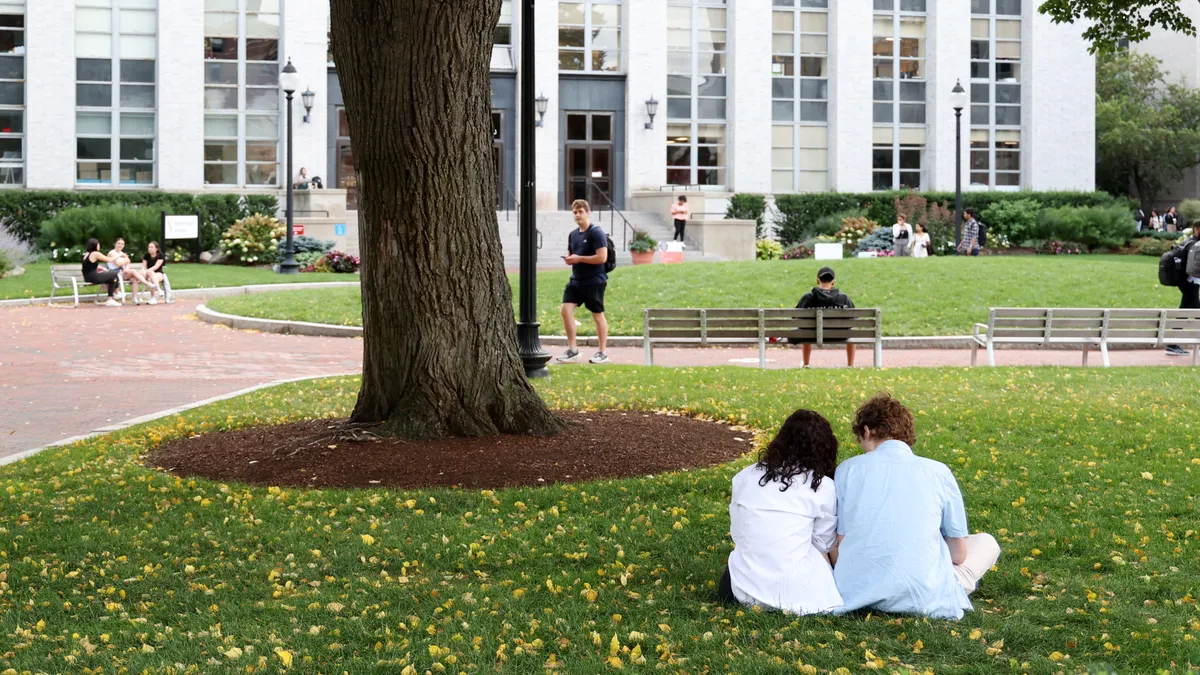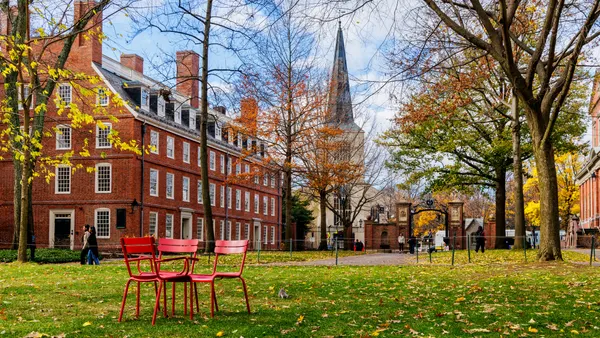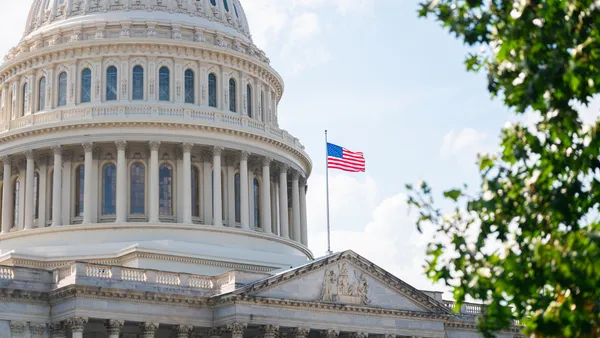Dive Brief:
- Marymount Manhattan College, in New York City, has struck a deal to merge with Northeastern University, in Boston. Terms of the deal were not disclosed.
- The boards of both institutions approved the merger agreement, which is subject to final approval by state and federal regulators, according to a letter to campus Wednesday from Northeastern President Joseph Aoun.
- Once the merger is complete, Marymount Manhattan students will transition into comparable Northeastern programs, at no additional cost, Aoun said. The new entity, once fully formed, will be called Northeastern University – New York City.
Dive Insight:
Marymount Manhattan is not the first college that the 125-year-old Northeastern has brought into its fold. With an eye toward a global footprint, Northeastern has, as Aoun put it, “steadily expanded through a variety of approaches.”
Its roster of mergers in recent years include the New College of the Humanities in London and Mills College in Oakland, California, both of which faced financial struggles prior to joining forces with Northeastern.
“In each of those mergers, our institutions determined that we could achieve more by joining together than we could accomplish individually,” Aoun said. The president added that, through its expansion, “we are differentiating ourselves at a time of great uncertainty in higher education.”
Marymount Manhattan was founded in 1936 by a Catholic religious order as a two-year women’s college and an extension of Marymount College, Tarrytown in Tarrytown, New York. It went on to grant bachelor’s degrees, and by 1961 the institution received an absolute charter as an independent four-year college from the Regents of the University of the State of New York.
Today Marymount Manhattan is a liberal arts college known largely for its performance arts programs, as Aoun noted.
Aoun’s letter put Marymount Manhattan’s current undergraduate headcount at about 1,400. Fall enrollment dropped by more than 25% to 1,608 students from 2017 to 2022, per federal data. Meanwhile, enrollment at Northeastern’s flagship campus in Boston soared by just under 40% during that same period.
With Marymount Manhattan’s enrollment drops have come financial pressure. In fiscal 2023, the college’s total operating revenues of $45.6 million fell $14.9 million short of its expenses, while its total assets dropped 11.3% to $144 million, according to its latest audit report.
The college's board began exploring its merger options out of "concerns about dropping enrollment and the significant challenges facing small colleges in the U.S.," according to a release from Northeastern. For its part, Marymount Manhattan said that through the merger, the “unique mission and creative community that define MMC will be amplified by the global resources of Northeastern.”
With the Marymount Manhattan deal, Northeastern will add a 14th campus to its growing footprint. Aoun framed the merger partly in terms of geography and opportunity, noting a “very strong demand for lifelong learning in New York.”
“Beyond its status as a financial and media capital, New York is now home to a fast-growing technology sector, including significant players such as Google, Amazon, and Microsoft,” Aoun said.
The Northeastern-Marymount Manhattan deal is likely just one of many to come. As enrollment drops and competitive pressures increase at smaller colleges and universities, many in the higher ed world expect mergers to escalate as a means for the struggling to survive.
Most recently, the Ohio Christian colleges Bluffton University and University of Findlay struck a deal to merge, and Bay Path University announced plans to acquire a fellow Massachusetts private institution, Cambridge College.
For those colleges facing enrollment declines and potential future closure, seeking out a partner early — before deep financial distress sets in — is key forging a successful merger deal, experts have said.













